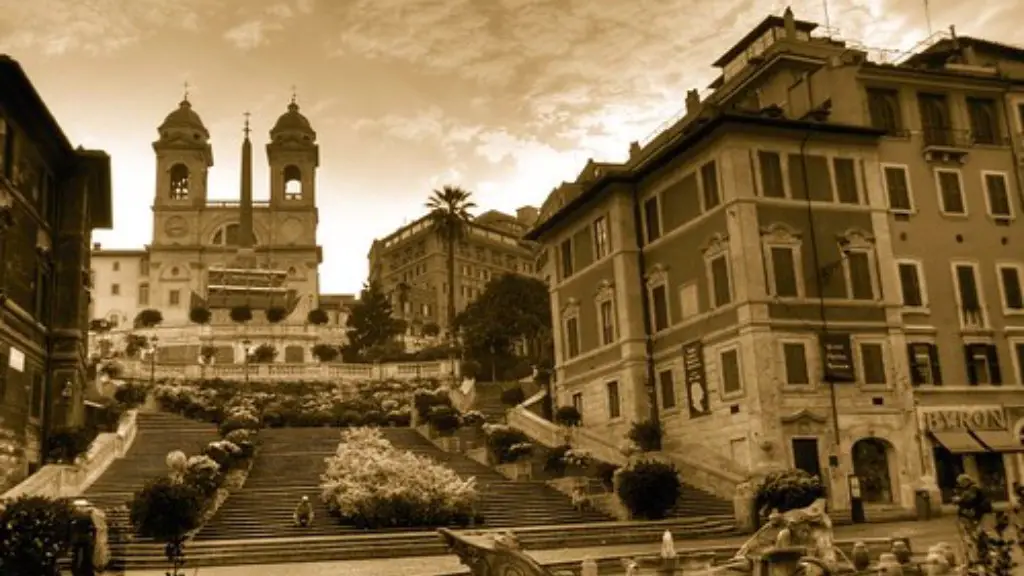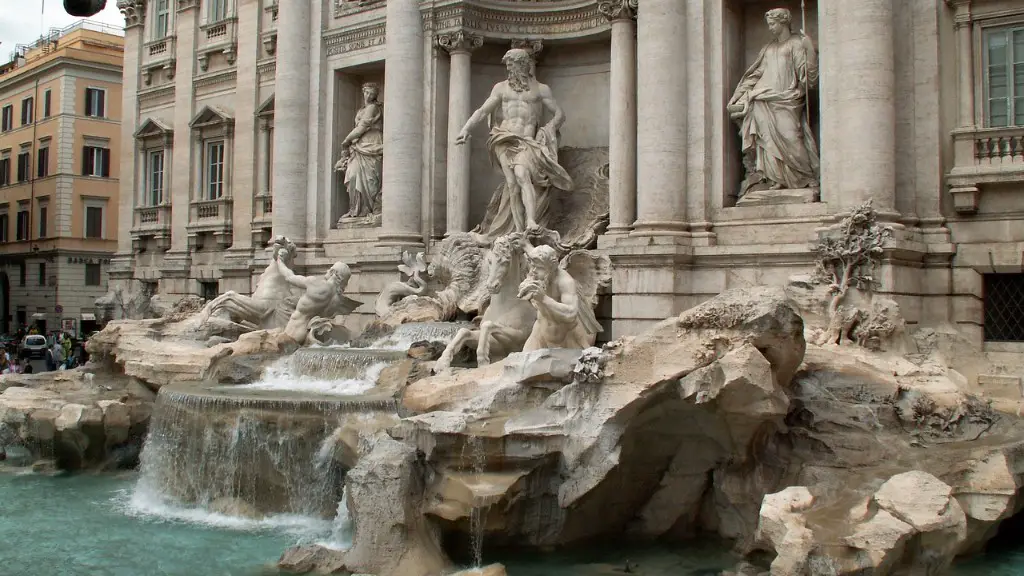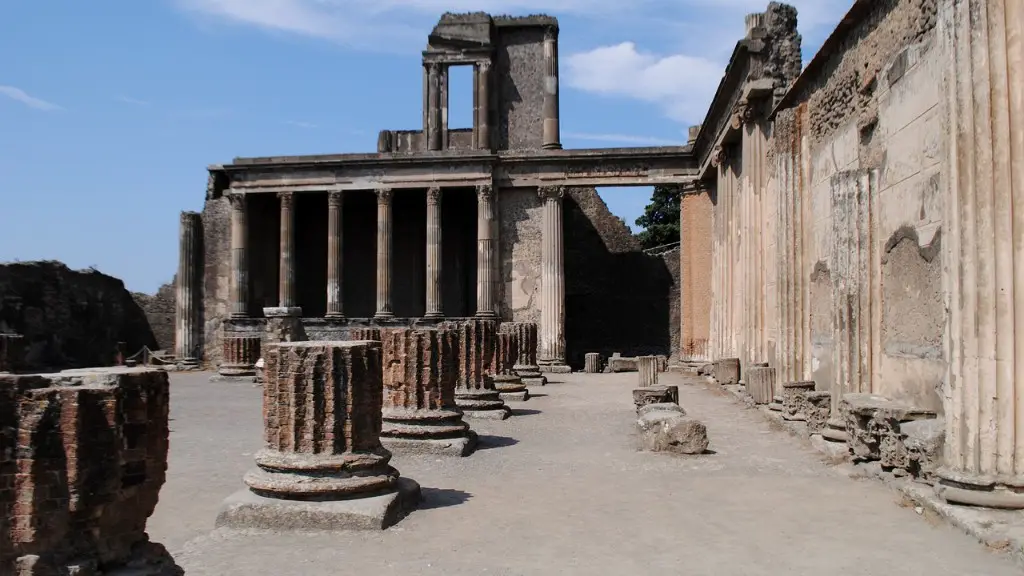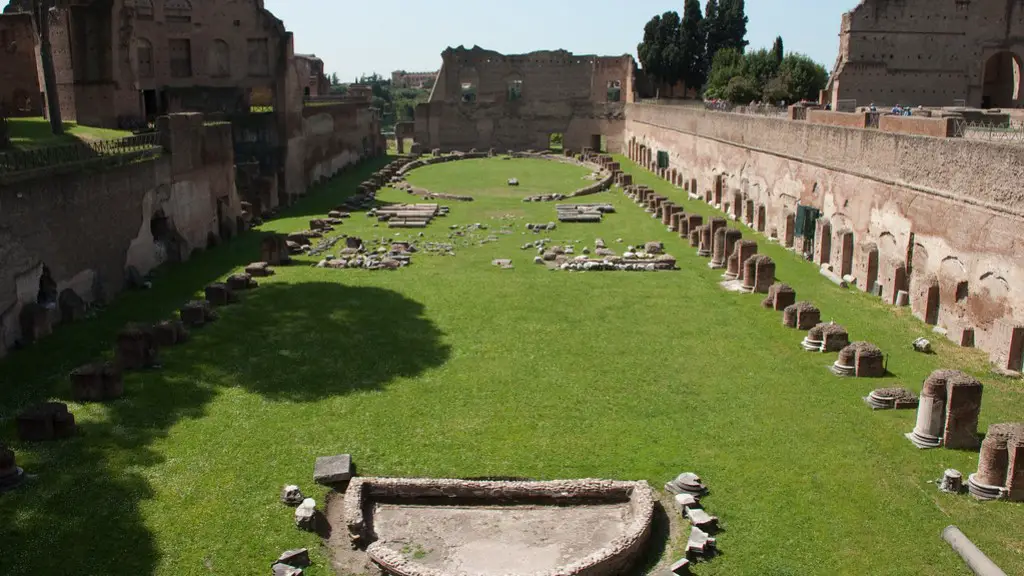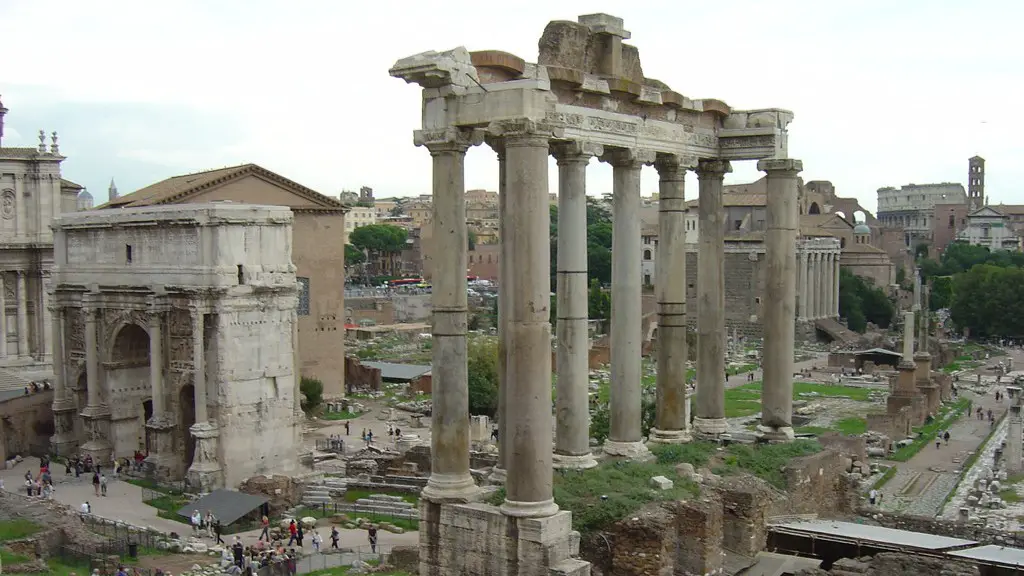The Roman Republic was one of the most influential political entities in history. Not only did it last for centuries, but its impact can be seen in modern political thought. The Republic was characterized by a strongcentral government with checks and balances, a representative assembly, and a written constitution. These features have all been adopted by modern democracies. In addition, the Republic was also known for its military power and for its many great leaders. These leaders, such as Julius Caesar and Cicero, have shaped the way we think about politics even today.
The fundamental political ideas of ancient Rome—such as the concepts of the res publica and natural rights—have shaped the modern world and continue to inform political thought and action. Rome’s political thought was rooted in the idea of the res publica, or the “public thing,” which holds that the state exists to serve the common good. This idea was influential in shaping the development of modern democracies. Additionally, the concept of natural rights, first articulated by the Roman statesman Cicero, holds that all people have certain inherent rights that must be respected by the state. This idea has also been highly influential in modern political thought.
How did ancient Rome influence modern government?
The Constitution of the United States was heavily influenced by the Roman Republic. Many of the founding fathers were familiar with the Roman system and saw it as a model for their own government. The most notable similarities are the checks and balances between the different branches of government, the bicameral legislature, and the term limits and age requirements for officeholders. In some cases, the Founders even borrowed terminology directly from the Roman constitution, using words like senate, capitol, and committee.
The Roman Republic was a significant political entity that influenced the development of various aspects of government. The concept of the senate, three branches of government, a system of checks and balances, and vetoes can all be traced back to the Roman Republic. Additionally, the importance of citizenship and the active role of citizens in the political process are also based on the Roman Republic model.
What other contributions did the Romans contribute to modern government
Roman law had a significant influence over the modern-day laws of many countries. Legal ideas like trial by jury, civil rights, contracts, personal property, legal wills, and corporations all were influenced by Roman law and the Roman way of looking at things.
The Ancient Romans were some of the most influential political thinkers of their time. Their ideas on power, the state, and politics as a whole shaped the development of political thought in the Middle Ages and beyond. Their contributions to political thought were decisive for the evolution of political thought in later periods.
How did Roman law influence us today?
Roman law is the stable foundation on which modern legal culture has developed and evolved. The Civil law system is based on the late Roman law and its most distinctive feature is that its core principles are codified into a system which serves as the primary source of law. Roman law has had a profound and lasting impact on the legal systems of the world.
The Roman Empire was one of the largest empires in history and had a huge impact on the world we live in today. From art and architecture to technology and literature, the Romans have left their mark on our world. Even though it has been thousands of years since the Roman Empire flourished, we can still see evidence of it in our everyday lives.
How did the Roman Empire influence government?
The Roman Empire was a classical example of a shift from representative democracy to centralized imperial authority. Augustus’s reign saw the rise of the emperor, who held complete power over the laws, the army, and the people. This shift dramatically changed the way power was distributed in the Roman Empire, and had a lasting impact on subsequent imperial societies.
The ancient Romans are famous for their engineering achievements, many of which are still standing today. They developed a type of concrete, which we now call hydraulic cement-based concrete, that was much stronger and more durable than the earlier versions that had been developed by the Greeks and other civilizations. This allowed them to build structures that have stood the test of time.
What was the contribution of Roman civilization to politics
The Romans were one of the first cultures to develop a concrete theory of legal rights, which formed the basis for an elaborate system of various rights. Another aspect of Roman contribution to political thought is the separation between state and individual. By freeing law from the clutches of religion and ethics, the Romans were able to create a secular legal system that was more objective and fair. This separation of state and individual also allowed for greater personal freedom and liberty.
The Roman constitution was a complex system of laws and customs that governed the Roman state. It was the product of centuries of human experience and was constantly evolving. The constitution consisted of two parts: the Twelve Tables, which were the basic laws of the state, and the unwritten customary law, which was constantly evolving and could be interpreted by the Roman courts.
The concept of sovereignty is intimately connected with the Roman constitution. Sovereignty is the supreme power of the state to make and enforce its own laws. The Roman state was sovereign because it had the power to make and enforce its own laws. This power was derived from the consent of the governed, as expressed in the Roman constitution.
The concept of legitimacy is also intimately connected with the Roman constitution. Legitimacy is the quality of being legally and morally valid or proper. The Roman state was legitimate because it was founded on the consent of the people and because its laws were just.
Liberty is the state of being free from external restraint. Slavery is the state of being subject to another’s will. Equality is the state of being equal in status, rights, and opportunities. Rights are legal and moral entitlements to freedom and equality. Property is the exclusive right to use, enjoy
How did ancient Rome develop politically?
The Roman Republic was a period of time in which Rome was governed by two consuls, or rulers. This system of government began in 509 BCE when the last king of Rome was overthrown by a group of noblemen. Under the Republic, the consuls were elected to serve one-year terms. This form of government allowed for more input from the Roman people and helped to prevent any one person from having too much power.
Roman political thought is characterized by several features, most notably the creation of positive law, the separation of politics and ethics, the distinction between state and society, and the political sovereignty and legal personality of the state as the maker of laws. These features have helped to shape the modern understanding of politics and the state.
How did Rome influence modern governments and law today
Roman law was one of the most influential legal systems of all time. Many modern legal concepts, like trial by jury, civil rights, contracts, personal property, legal wills, and corporations, can trace their origins back to Roman law. Roman law was based on the belief that law should be open to all citizens, not just the elite few. This philosophy helped to create a more just and equal society. Thanks to the lasting impact of Roman law, we continue to benefit from these concepts today.
The Romans made many contributions to political thought, one of which was their view of legal rights. They believed that law should be separate from religion and ethics, and that everyone had a right to their own legal system. This view formed the basis for their elaborate system of various rights. Another important aspect of Roman political thought was the separation between the state and the individual.
How did Roman laws influence democracy?
These principles were influential in the development of modern democracy, and can be seen in the legal systems of many countries today.
There were many Roman gods and goddesses, each with their own area of expertise. Some of the more important ones include:
Jupiter: the king of the gods, he was responsible for weather, thunder, and lightning
Juno: the queen of the gods and the goddess of marriage
Mars: the god of war
Venus: the goddess of love
Mercury: the god of commerce and messenger of the gods
Polythene: the goddess of wisdom
There were many others as well, and the Romans believed that it was important to honor all of them.
Conclusion
Ancient Rome was a major source of inspiration for many modern political thinkers. Some of the most influential political thinkers in history, such as Thomas Hobbes, John Locke, and Jean-Jacques Rousseau, all drew heavily from Roman ideas and concepts in their own works. Ancient Rome was also responsible for introducing the concept of the republic, which would go on to be hugely influential in subsequent political thought. In short, ancient Rome made a significant contribution to the development of modern political thought, and its legacy can still be seen in many modern political systems.
The Roman Republic and Empire were characterized by a strong central government with a clear system of laws and governance. This helped to create a stable society that was able to withstand challenges from within and without. The Roman state also championed the concept of individual rights and freedoms, which laid the foundation for modern democracies. In sum, Ancient Rome made significant contributions to the development of modern political thought.
